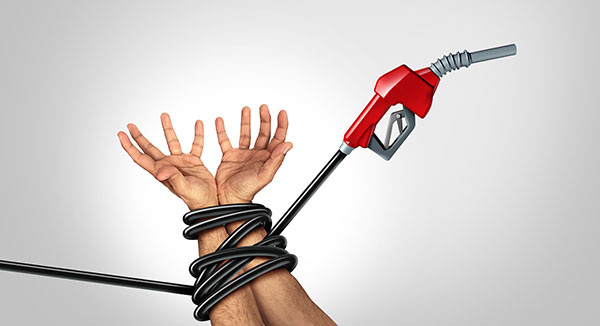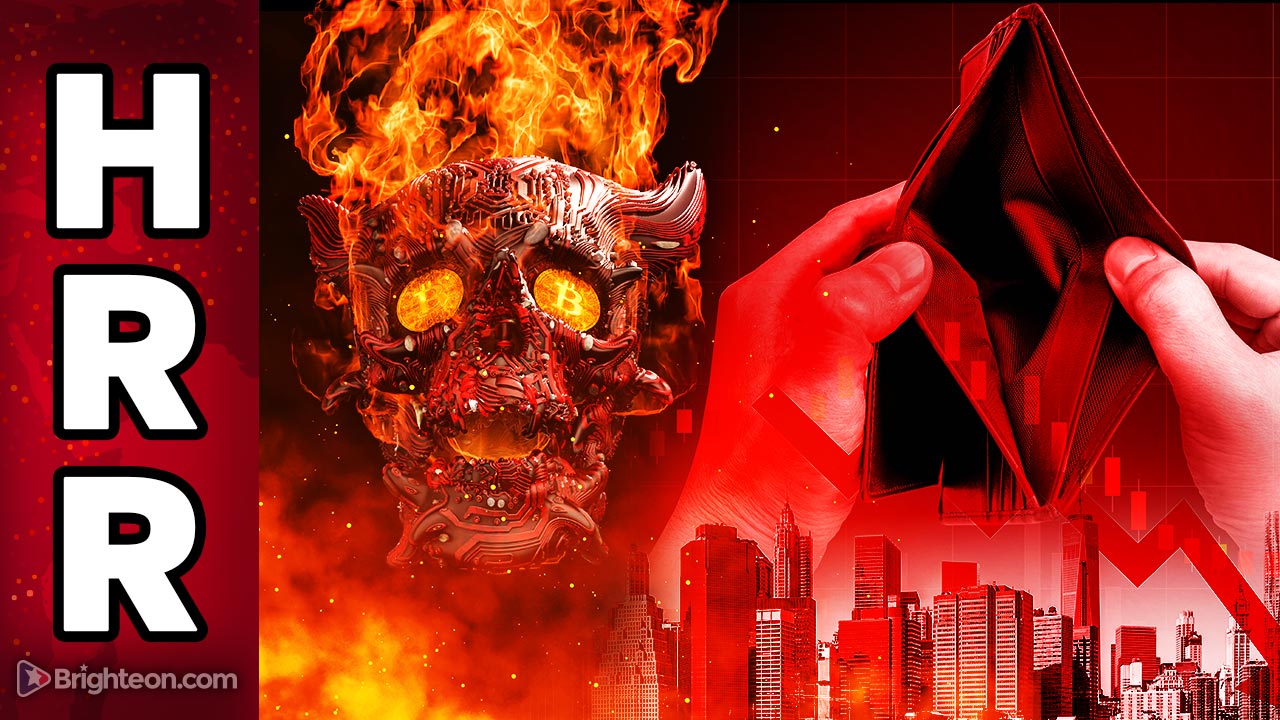 Parler
Parler Gab
Gab
Prices of new cars remain sky-high
Despite the automotive industry's shaky status, partly brought about by supply chain issues, the prices of new cars remain sky-high. Edmunds' data shows the average new-vehicle purchase last month was $40,438 – more than 27 percent above April 2019 prices of $31,914. "The average price of a vehicle has risen dramatically. There are fewer, smaller, budget-friendly vehicles for shoppers to choose from," said Caldwell. "And on top of that, consumers are paying more for everything else in their lives." The annual percentage rate for used cars is a prime example, as it is now pegged at 10.33 percent. But why the upward spiral? It's because, the Fed is trying to quash inflation by raising consumer borrowing costs for car loans, credit cards and mortgages. Simply put, "the Fed is slamming on the economy's brakes by aggressively hiking while not trying to spark a recession." In doing so, however, the Fed triggered an affordability crisis instead, where average Americans can hardly afford to buy a car. Whether it's brand new or secondhand no longer matters. Both have been priced out of reach by inflation. Visit Inflation.news for more news related to soaring inflation rates in America and other parts of the world. Watch the video below showing outrageous markup prices of some Broncos for sale. This video is from the Prosciencetruth channel on Brighteon.com.More related stories:
Used car prices are finally starting to drop, but many consumers still can't afford payments. Fed rate hike to unleash AVALANCHE of home foreclosures and market drops while still doing little to halt skyrocketing INFLATION. Biden climate agenda includes provisions that force banks and other companies to comply with ‘climate change’ objectives; could lead to loss of home loans, other services for Americans. Sources include: ZeroHedge.com TheEpochTimes.com BankRate.com Brighteon.comMajor rivers all around the world experiencing drought at the same time: WHY?
By Ethan Huff // Share
Governments continue to obscure COVID-19 vaccine data amid rising concerns over excess deaths
By patricklewis // Share
Tech giant Microsoft backs EXTINCTION with its support of carbon capture programs
By ramontomeydw // Share
Germany to resume arms exports to Israel despite repeated ceasefire violations
By isabelle // Share










